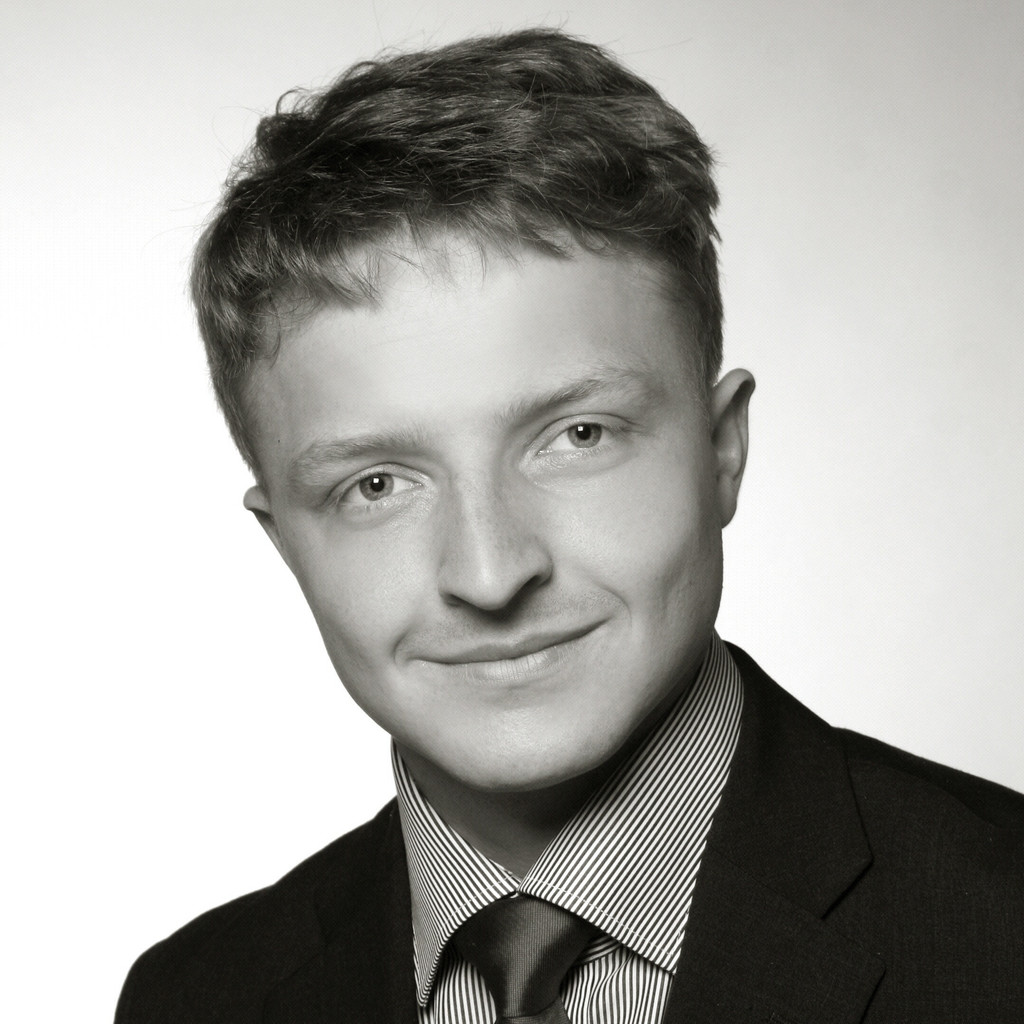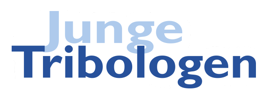Interview with Florian

What’s your name?
Florian Rummel
What are your hobbies?
Different sports, mainly outdoor activities such as running, climbing, sailing, biking, … I like discovering places, which are unknown to me, I like all kind of foods and like getting to know people with different backgrounds and from different places all over the world.
What did you study and what is your highest educational attainment?
My background is in food process engineering. I studied at the Technical University of Munich (TUM) and also gained some experience abroad at Telecom Paris Tech and the Swiss Federal Institute of Technology in Zurich (ETH). I graduated from TUM as Dipl.-Ing.
Where do you work and what’s your position?
I am working as a Technology and Product Manager for Rheometers at NETZSCH-Gerätebau GmbH, a family-owned company specialized on instruments for thermal analysis and rheology.
Since when are you part of working group “Young Tribologists“?
The first time I came in contact with the “Young Tribologists” was at the 1st Young Tribological Researcher Symposium in 2017. I really enjoyed the inspiring and open atmosphere between the tribologists from different fields, ranging from “traditional” tribology to medical engineering and food science.
In which part of the group are you currently participating?
I currently take care of the group “exchange of experience”. The aim of our group is to promote the exchange between more experienced tribologists from industry and academia and “Young Tribologists”. For example, this exchange is realized with talks or disussion forums.
Why are you a member of working group “Young Tribologists”?
Open-minded inspiring people with different backgrounds, different views on tribology and an increasingly internationally oriented approach, so this is self-explanatory. And for sure, the “Young Tribologists” offer a great opportunity to build up a professional network.
How did you end up in the field of tribology?
In food process engineering, it is important to understand the interrelationships between unit operations and the structure of food and how this relates to sensory perception. An established approach in this field is rheology but food tribology experiences increasing interest. The two disciplines overlap to some extend and, to make it short, rheology was the key for me.
What topics are you working on and are there any connections to the field of tribology?
I am responsible for rheometers at NETZSCH. So, There are at least two connections to tribology: The first one is that our instruments are used for investigations on lubes and greases, polymers, food, and pharmaceuticals, just to name a few applications. Rheology and tribology play an important role on those materials and it is part of my job to make sure that our solutions meet the needs of the users in this fields. And the second point is that rheometers are highly complex technical devices and you can certainly imagine a lot of tribology matters when you build a rheometer, just thinking on air bearings used in rheometers to realize ultra-low friction.
Do you have any favorite anecdote about the broad field of tribology?
Every day you experience enriching moments which show, that tribology is relevant to so many things even in daily life. I like situations when people realize that they are dealing with tribological problems, without knowing that the word “tribology” even exists.
